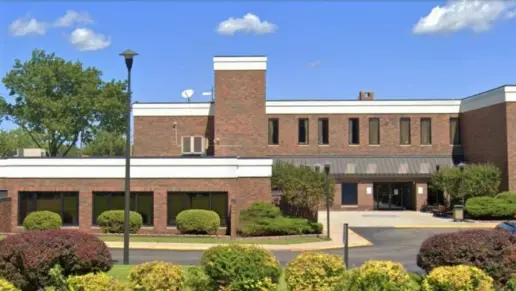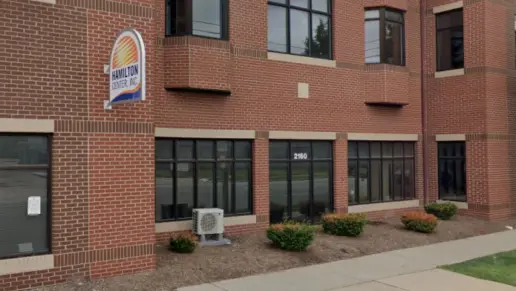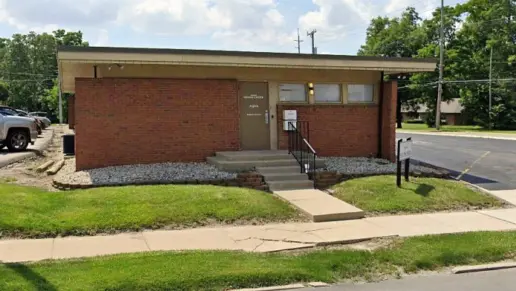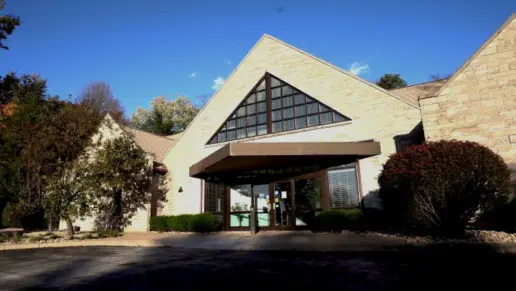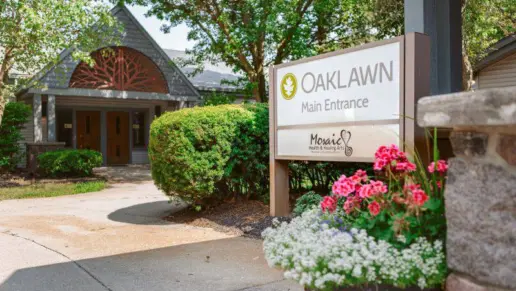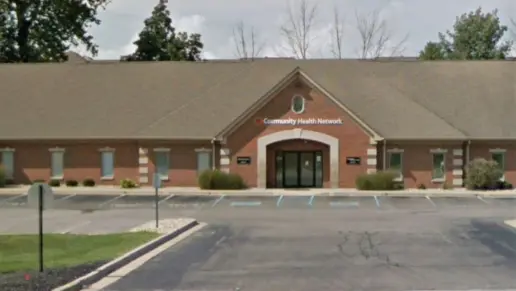About Landmark Recovery Fort Wayne
Praxis of Fort Wayne by Landmark Recovery is a drug and alcohol rehab in Bluffton, Indiana. They’re part of the Landmark Recovery network and offer medical detox, inpatient rehab, an intensive outpatient program, a partial hospitalization program, and medication assisted treatment.
Praxis of Fort Wayne is 36,000 square feet and has 90 twin style beds and jack and jill bathrooms in its detox center. During detox, staff works to safely and comfortably clear your body and mind of all drugs and alcohol. Medical detox is available, meaning that you may receive medications to help with withdrawal pains. This initial step of the recovery process lasts between seven and 13 days, depending on the severity of your addiction.
Most Landmark residents in the inpatient program stay between 30 and 45 days. Each day has a set regimen that starts at 7am to 10:30pm. There’s a mixture of rest, recuperation, therapy sessions, self reflection, and group discussions. You’re allowed to smoke in designated spots.
For those who do not need stabilization or treatment for withdrawal, the partial hospitalization program is a day program that is designed to provide support as participants reintegrate into the community. A more flexible option is intensive outpatient care, which gives you independence as you adjust back into your community.
Landmark Recovery is accredited by The Joint Commission, so you know they meet a standard level of professional care.
Latest Reviews
Rehab Score
Gallery
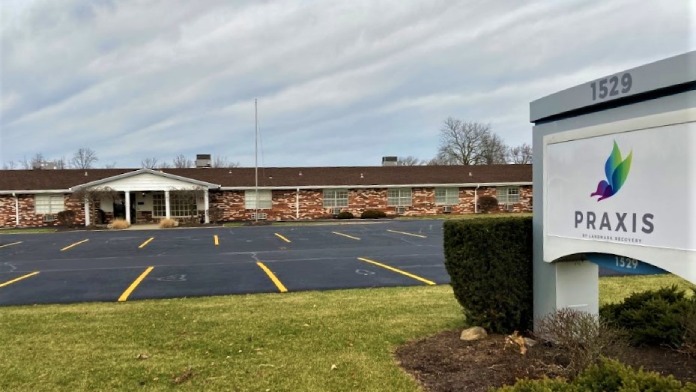
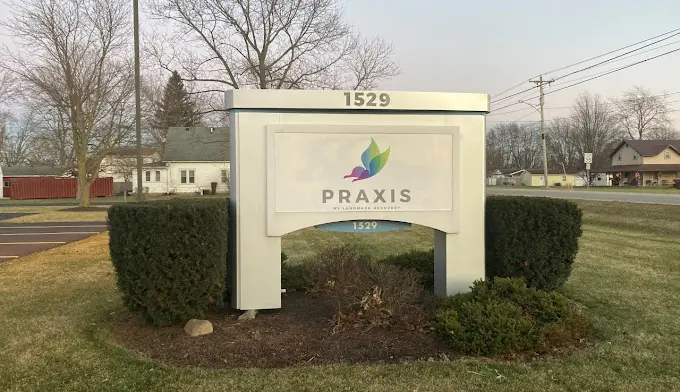
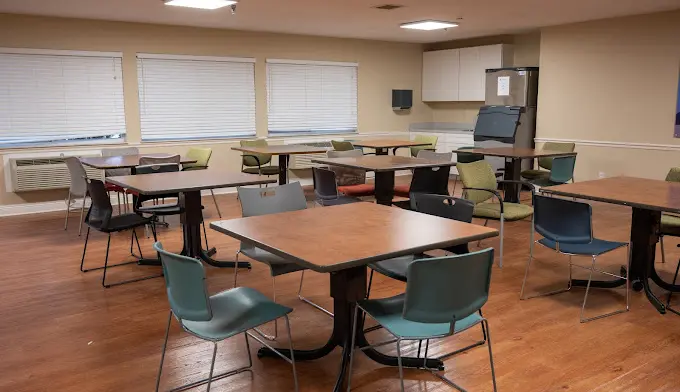
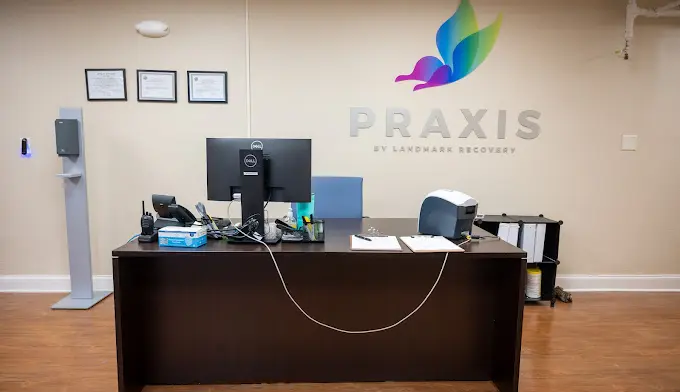
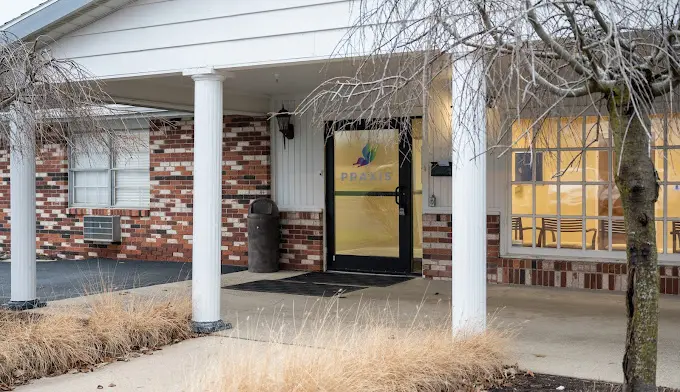
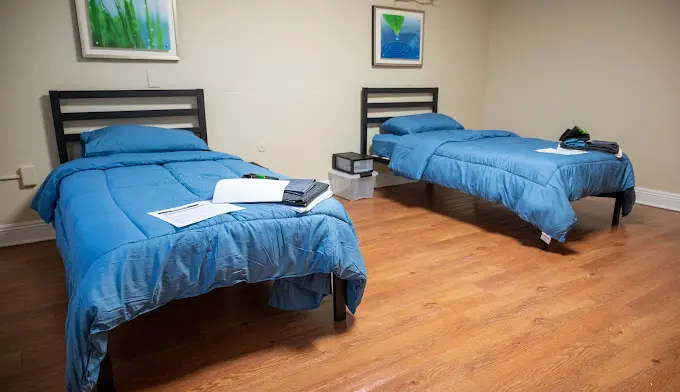
Location
Other Forms of Payment
Self-pay involves paying for treatment out of your own pocket. You can use savings or credit, get a personal loan, or receive help from family and friends to fund your treatment. If you don't have insurance or your insurance plan doesn't cover a specific program, self-pay can help ensure you still get the care you need.
Private insurance refers to any kind of healthcare coverage that isn't from the state or federal government. This includes individual and family plans offered by an employer or purchased from the Insurance Marketplace. Every plan will have different requirements and out of pocket costs so be sure to get the full details before you start treatment.
Medicaid is a state based program that helps lower-income individuals and families pay for healthcare. Medicaid covers addiction treatment so those enrolled can use their coverage to pay for rehab. When a program accepts Medicaid the client often pays very little or nothing out of their own pocket.
Addiction Treatments
Levels of Care
Treatments
Substance rehabs focus on helping individuals recover from substance abuse, including alcohol and drug addiction (both illegal and prescription drugs). They often include the opportunity to engage in both individual as well as group therapy.
Programs

Clinical Services
Group therapy is any therapeutic work that happens in a group (not one-on-one). There are a number of different group therapy modalities, including support groups, experiential therapy, psycho-education, and more. Group therapy involves treatment as well as processing interaction between group members.
In individual therapy, a patient meets one-on-one with a trained psychologist or counselor. Therapy is a pivotal part of effective substance abuse treatment, as it often covers root causes of addiction, including challenges faced by the patient in their social, family, and work/school life.
Recreational therapy (aka therapeutic recreation) uses creative and fun activities to help with addiction recovery. Recreational therapists lead patients in entertaining and engaging activities like sports or games; art (drawing, painting, sculpture); drama, music, and dance; and/or community outings (field trips) to improve patients' physical, social, and emotional well-being.
Accreditations

LegitScript has reviewed Landmark Recovery Fort Wayne as part of their certification program, and has determined that it meets the LegitScript standards for legality, safety and transparency.
LegitScript verified in November 2021
